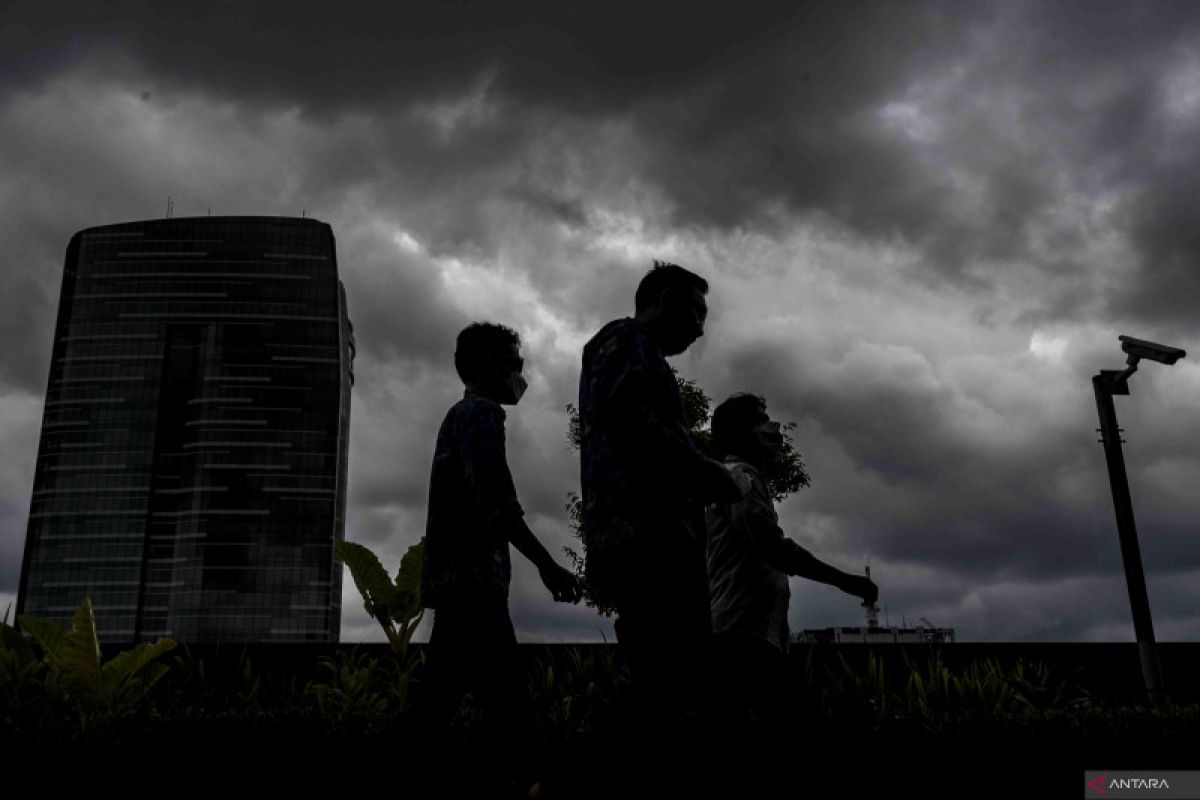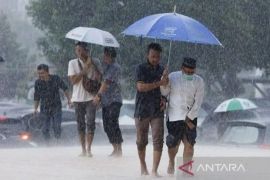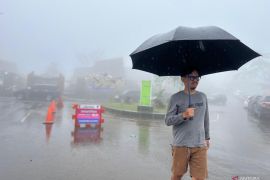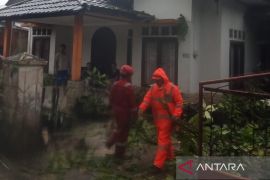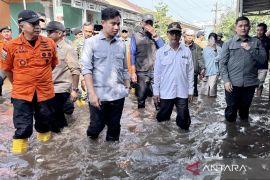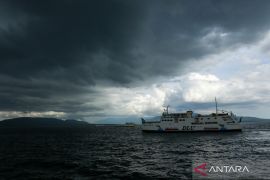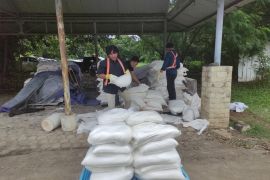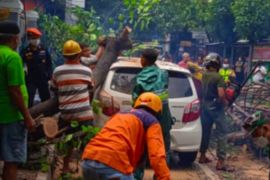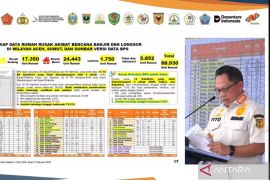In keeping with an impact-based projection, half of Banten, West Java, Central Java, East Java, West Nusa Tenggara, and East Nusa Tenggara have been put on alert for heavy rain from December 28 to 30, 2022.
"These regions are estimated to experience heavy rain, which can cause hydrometeorological disasters in the form of floods and landslides," she said here on Wednesday.
Heavy rain can lead to a significant increase in river discharge, which can trigger floods. Heavy rain can also cause landslides, rock fall, or soil erosion in highlands, slopes, and mountain areas, she informed.
Therefore, Karnawti urged regional governments and residents residing along river basins and hills to raise their awareness and readiness against potential natural disasters during long spells of heavy rain.
"I implore the public to be careful when doing activities outside the house. If there is no urgent need, it is best to stay at home to wait for the weather to return to normal," she said.
BMKG's meteorology deputy Guswanto explained that the extreme weather potential at the end of the year can be attributed to atmospheric change phenomena around Indonesia.
These include the Asian monsoon, cold snap, formation of a low-pressure center around Australia and Madden-Julian oscillation (MJO), along with Equatorial Kelvin and Rossby waves.
These phenomena can trigger high-intensity rain, raise surface wind speed, as well as increase wave height, he elaborated.
"We urge the people to not panic but remain cautious and monitor the weather development information and extreme weather early warning from BMKG," he said.
"Prune brittle branches and strengthen poles so that they do not fall when blown by a strong wind," he added.
Related news: Police prepares SAR team to anticipate extreme weather
Related news: Intensity of phenomena that can trigger rain increasing: BMKG
Related news: BMKG launches weather forecast for travelers in Central Java
Translator: Zubi Mahrofi, Fadhli Ruhman
Editor: Azis Kurmala
Copyright © ANTARA 2022
